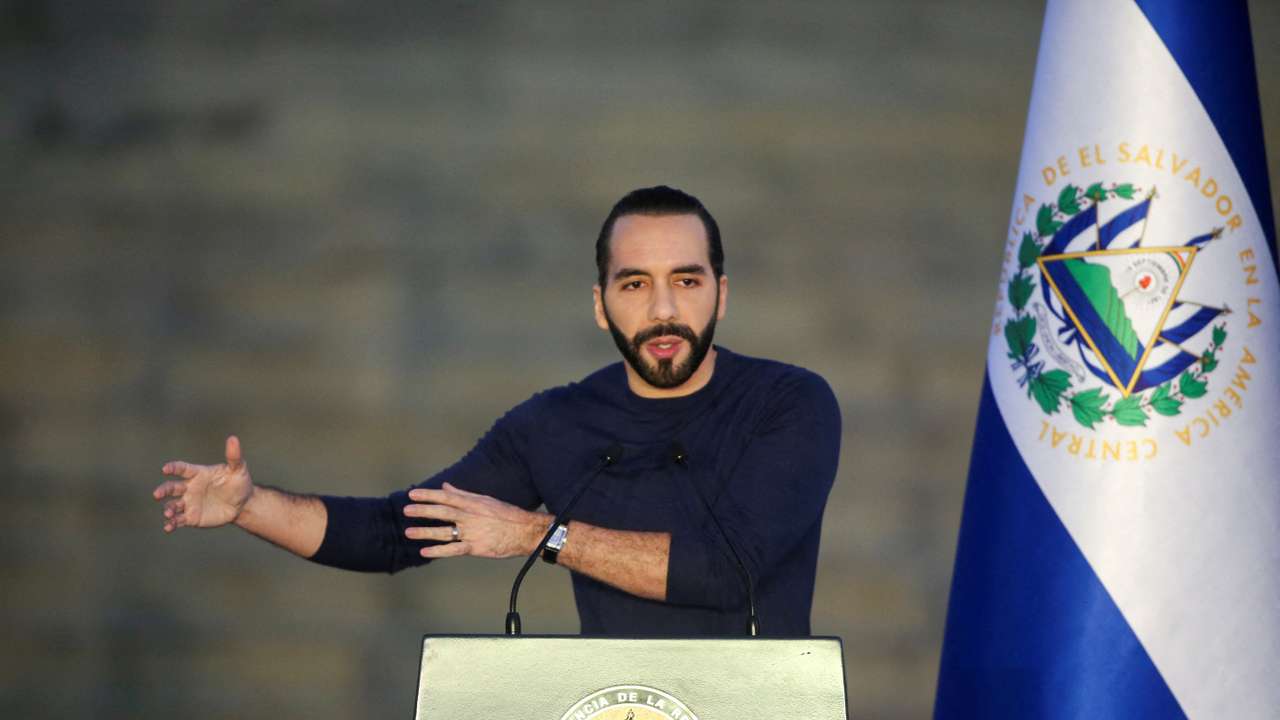El Salvador bans inclusive language in schools amid tighter government controls

El Salvador’s President Nayib Bukele has ordered a nationwide ban on “inclusive language” in public schools, specifically banning Spanish words like "amigue", "compañere", "niñe", and "jóvenxs".
The announcement comes amid a broader tightening of discipline and behavioural rules in the country’s education system.
Bukele shared the directive on X, alongside a memorandum from Education Minister Captain Karla Trigueros instructing the heads of all 5,100 public schools to enforce the ban. According to the memo, any linguistic forms linked to gender ideology will no longer be tolerated, including altered words like alumn@ or nosotrxs. The measure also applies to all educational materials, textbooks, and resources provided by the ministry.
The government justifies the move as a way to “promote proper language use” and prevent what it calls “ideological or globalist interference” that could affect students’ development. Bukele’s policy follows previous steps to remove gender perspectives from educational materials, despite earlier public support for LGBTI rights.
Teachers’ unions have criticised the changes, describing them as part of a “militarisation” of the school system. Students are already subject to strict dress codes, hair regulations, and mandatory classroom etiquette, such as greeting teachers upon entering.
Since taking office in 2019, Bukele has maintained high popularity for his aggressive anti-gang policies, though human rights groups continue to report abuses and high incarceration rates. The new language ban marks another controversial step in his increasingly centralised control over El Salvador’s institutions.
This story is written and edited by the Global South World team, you can contact us here.